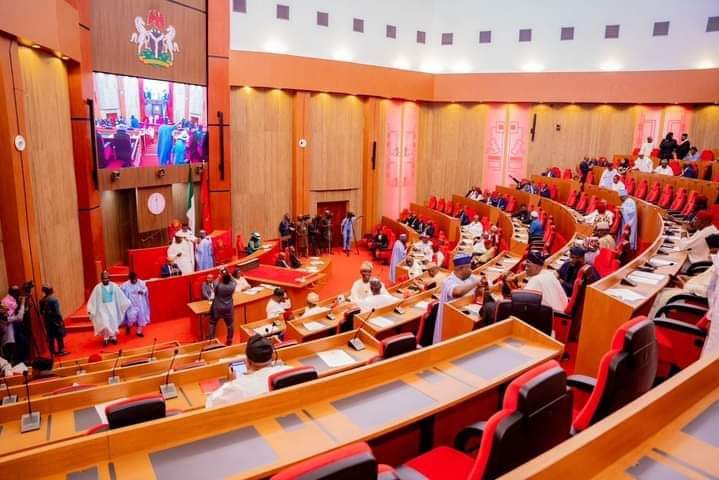As the Senate reconvenes after a two-month recess, it is focusing on the 2025 budget. The Director-General of the Budget Office, Tanimu Yakubu, emphasized that security, economic growth, and citizen empowerment will be key priorities. However, Nigeria’s budgeting process has historically failed to deliver meaningful improvements, with infrastructure gaps, unreliable electricity, and underfunded public services still widespread.
Challenges such as corruption, inefficient planning, and abandoned projects have undermined budget goals. Delays in budget preparation, late fund releases, and unnecessary political pressures further hamper effective execution. Moreover, the “envelope budgeting system” has been criticized for encouraging unnecessary spending rather than addressing real needs.
To improve the budgeting process, reforms in planning, execution, and legislative oversight are essential. The government must prioritize transparency and efficiency to ensure that the 2025 budget works for the benefit of Nigerian citizens, driving sustainable development and addressing pressing economic challenges.
